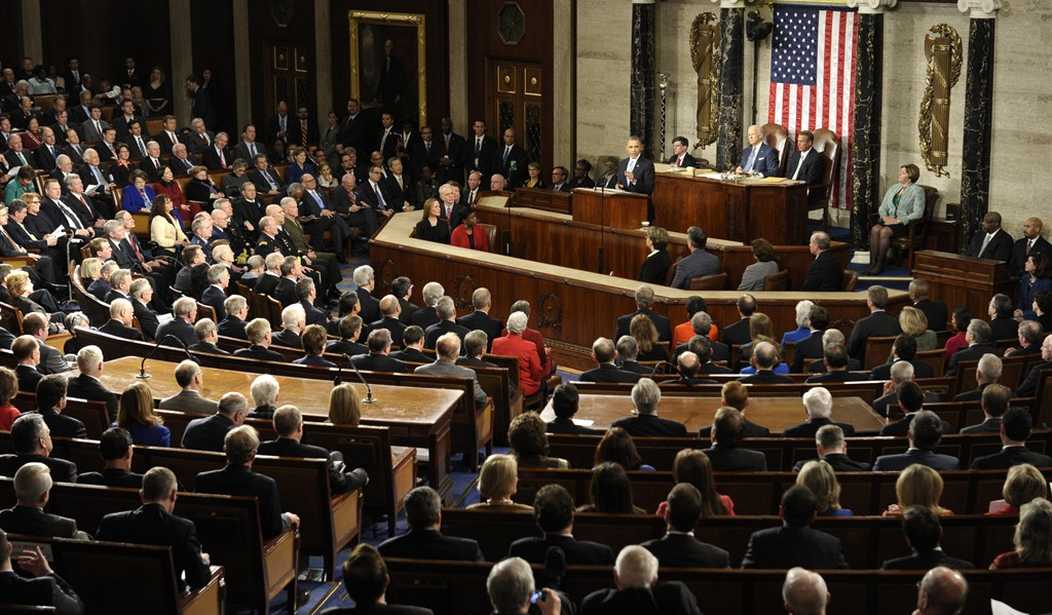If you haven’t read a good dystopian novel lately, try the newspaper.
For those favoring freedom and limited government, there isn’t a scream primal enough to quite capture the aesthetic.
Last week, we learned that the newly created Consumer Financial Protection Bureau is doing everything but protect consumers. Instead, the CFPB is gobbling up personal information on hundreds of millions of American citizens at a feverish pace, apparently trying to best the National Security Agency.
The NSA, in possession of our emails, complete phone records, social media conversations, and bank and credit card information, is clearly way ahead. But the CFPB has now snapped up private information on 991 million credit card accounts to provide some real competition for the NSA.
That’s roughly 85-90 percent of all credit card accounts in the U.S. And to think: you probably hadn’t heard of this government agency before!
Database tech marches on.
The data consist of 96 unassuming points of information on each of nearly a billion private accounts, including silly stuff such as
- your income
- account number
- monthly balance
- credit score
- credit limit
- the amount of the check you wrote to cover last month’s bill
And etcetera, etcetera, etcetera, as said the King of Siam . . . que sera sera, as sang Doris Day.
Testifying before the House Financial Services Committee, CFPB Director Richard Cordray offered no compelling rationale for why the federal government needs so darn much sensitive information on citizens, much less by what right the government should be allowed to procure it and fool around with it. According to George Mason University Law Professor Thomas Stratmann, the CFPB requires less than one-tenth of one percent of the data so far collected were its purpose to conduct legitimate market analysis.
Recommended
But don’t think for a second that the august forces of big government, empowered to protect us financially, are through gathering fat dossiers on our activities. Next, the data-miners at the CFPB want to get their hands on the 53 million residential mortgages Americans have signed onto since 1998.
One expert testified at the hearing that these new government databases with all our financial information are vulnerable to hackers intent on identity theft. In answer to a direct question, CFPB Director Richard Cordray admitted that the data was not 100 percent secure. “We’re concerned about making sure that does not happen as much as possible,” explained Cordray, the “that” apparently referring to a security breach. “I don’t need that headache.”
Yes, if all your financial data were to be taken and used to steal your identity and wreck your life, it sure would be a headache for the CFPB Director.
Where did this Consumer Financial Protection Bureau come from?
It was created as part of Dodd-Frank, the legislation supposedly designed to prevent a future financial meltdown. Written back in 2009 by a platoon of lobbyists and the staffs of Sen. Christopher Dodd (D-Conn.) and Rep. Barney Frank (D-Mass.), a lot of experience was brought to bear. After all, it was these paragons of statesmanship (no mere politicians, they) who had helped legislate the last financial crisis.
Under Dodd-Frank, Congress gave itself little power over CFPB. The U.S. Senate confirms the directors of the agency, but has no other oversight or control. The CFPB is part of the Federal Reserve, another key financial institution so removed from public accountability that it has never been audited.
Congress loves power, but regularly legislates away responsibility. For itself, for others.
Welcome to the new America, 21st Century.

























Join the conversation as a VIP Member